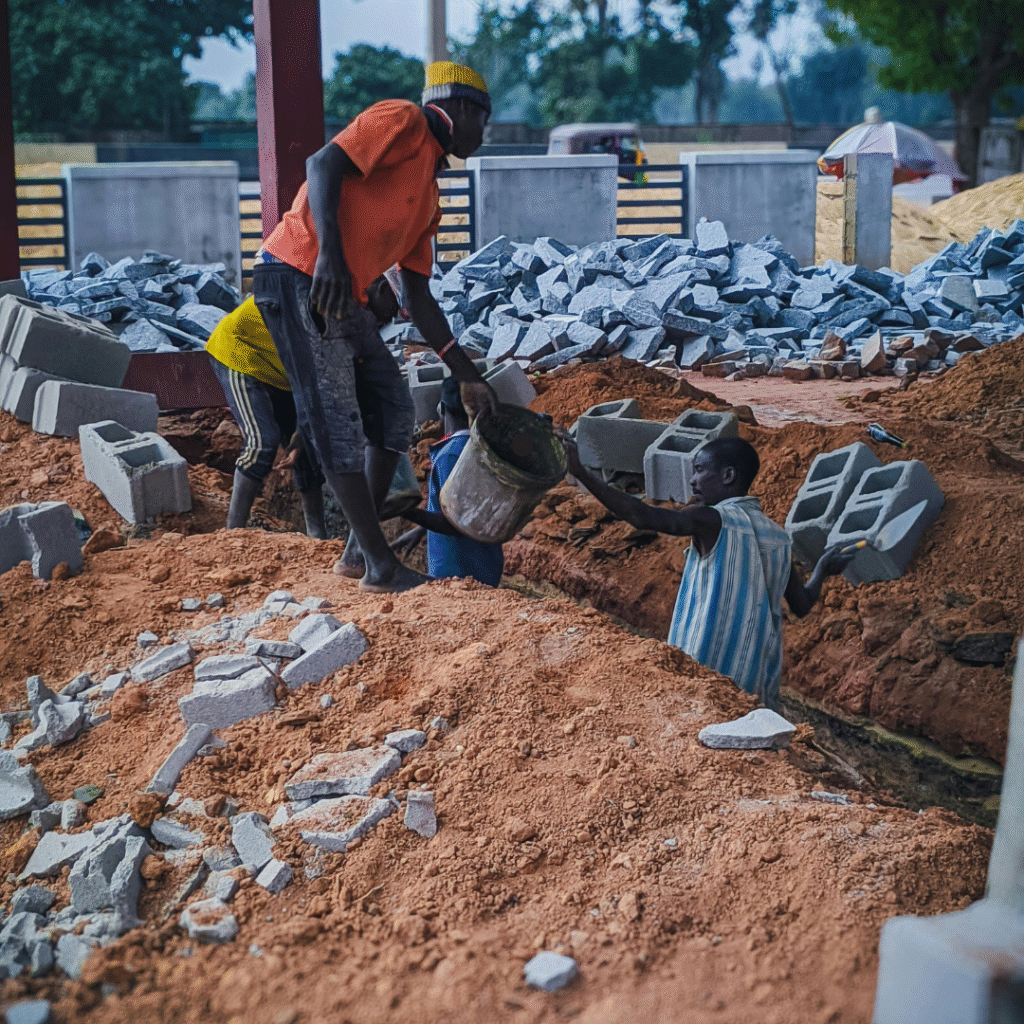
Get In Touch
The Role of Automation in Modern Industrial Projects
In today’s rapidly evolving construction and industrial landscape, automation is no longer a futuristic concept—it’s a present-day necessity. From streamlining operations to improving efficiency and reducing costs, automation has become a driving force in the way industrial projects are planned, executed, and maintained. For companies like Shyam Constructions, embracing automation ensures not only timely delivery but also long-term value for clients.
1. Streamlining Project Planning and Design
Automation tools like Building Information Modeling (BIM) and AI-driven project management software have revolutionized how industrial projects are designed and planned.
Accurate 3D modeling helps predict challenges before construction begins.
Automated scheduling and resource allocation reduce human errors.
Real-time data ensures smooth coordination between architects, engineers, and contractors.
This upfront precision minimizes delays and cost overruns, allowing projects to stay on track.
2. Enhancing On-Site Construction Efficiency
Industrial construction often involves repetitive and labor-intensive tasks. Automation addresses this by introducing:
Robotics for repetitive tasks like bricklaying, welding, or concrete pouring.
Drones for site inspections, reducing the time needed for manual checks.
Automated machinery that ensures higher speed, accuracy, and safety.
By automating critical tasks, workers are free to focus on high-skill activities, ensuring both productivity and safety.
3. Improving Safety Standards
Construction sites are inherently risky, especially in large industrial projects. Automation reduces hazards through:
Sensors and IoT devices that monitor structural stability, machinery performance, and worker safety in real time.
Wearable technology that alerts supervisors in case of accidents or unsafe conditions.
Remote-controlled equipment that allows dangerous tasks to be performed without exposing workers to risk.
This technology-driven approach creates a safer environment while meeting compliance standards.
4. Reducing Long-Term Operational Costs
Beyond construction, automation plays a role in the operation and maintenance of industrial facilities.
Smart systems optimize energy usage, reducing utility costs.
Predictive maintenance powered by AI identifies potential issues before they escalate into costly breakdowns.
Automated monitoring ensures compliance with environmental and safety regulations.
These measures save money for businesses in the long run, making automation a valuable investment.
5. Building for the Future
As industries evolve, the demand for faster, smarter, and more sustainable projects will only increase. Automation allows construction companies to:
Deliver projects on tighter timelines.
Improve accuracy and quality standards.
Meet global benchmarks in efficiency and sustainability.
For Shyam Constructions, adopting automation isn’t just about keeping up with trends—it’s about leading the way in delivering projects that stand the test of time.
Final Thoughts
Automation is reshaping the construction and industrial sectors at an unprecedented pace. By integrating robotics, AI, IoT, and smart project management tools, modern industrial projects achieve higher efficiency, safety, and cost-effectiveness. Companies that embrace automation today will set themselves apart as industry leaders tomorrow.
At Shyam Constructions, we believe automation is not just a tool—it’s a commitment to innovation and excellence in every project we deliver.

